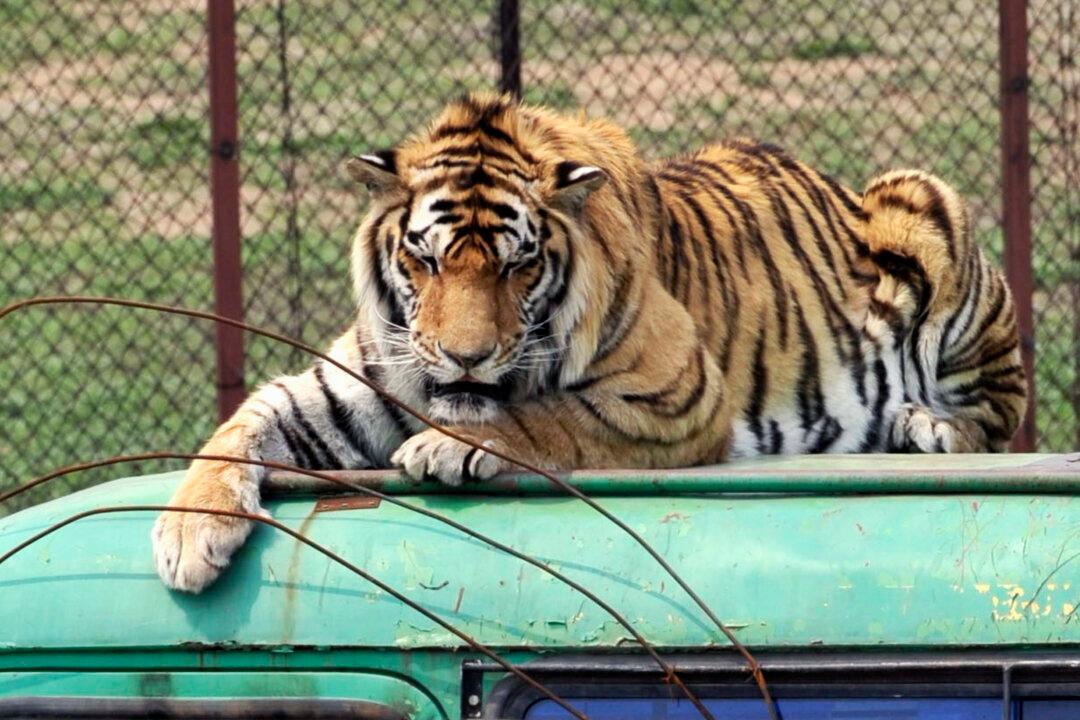BEIJING—China says it will allow trading in products made from endangered tigers and rhinos under “special circumstances,” reversing a previous ban and bringing condemnation from conservation groups.
A notice from the Cabinet issued on Oct. 30 avoided mentioning any change in the law, saying instead that it would “control” the trade and that rhino horns and tiger bones could only be obtained from farmed animals for use in “medical research or in healing.”





